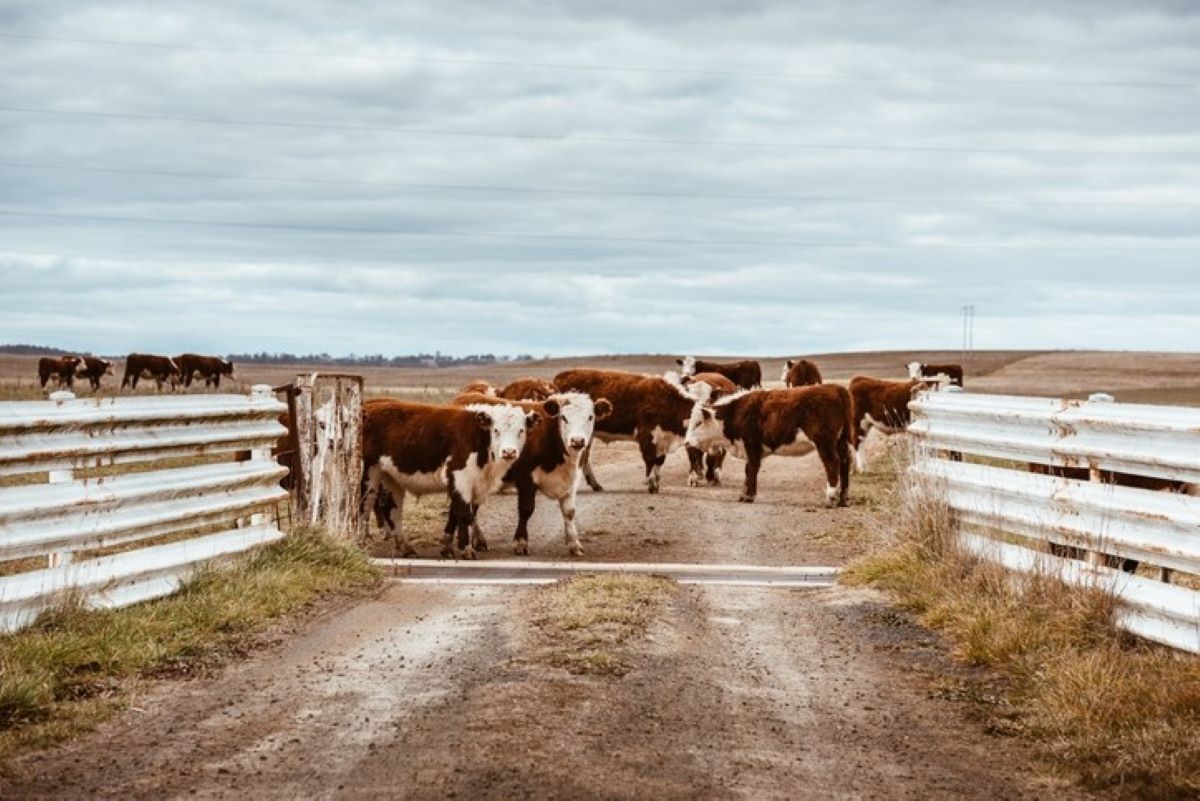Billionaire Bill Gates has invested in an Australian climate technology start-up aimed at reducing methane emissions from cow burps.
The Microsoft co-founder has been vocal about the environmental effects of meat production. Methane is the second most prevalent greenhouse gas after carbon dioxide (CO2).
Livestock such as cows, goats, and deer emit methane during the digestion of fibrous materials like grass. This process, which occurs in their stomachs, produces methane gas that is largely expelled through belching.
Research has indicated that feeding cows seaweed could significantly reduce their methane emissions. Perth-based start-up Rumin8 is developing a dietary supplement derived synthetically from red seaweed that aims to inhibit methane production.
The company recently announced it had secured $12 million (£9.7 million) in funding, led by Breakthrough Energy Ventures, an investment firm founded by Gates in 2015.

The firm also has backing from Amazon CEO Jeff Bezos and Chinese entrepreneur and Alibaba co-founder Jack Ma.
“We have been very pleased with the reception we have received from climate impact funds around the world,” said Rumin8’s managing director, David Messina. “There is a genuine desire to fund solutions to enteric methane emissions from livestock and fortunately for Rumin8, they can see the benefits of our technology,” he added.
Last October, New Zealand proposed a novel scheme to tax greenhouse gases produced by farm animals, including those from burping and urinating, as part of its strategy to combat climate change. The plan is set to require farmers to pay for agricultural emissions by 2025.
Agriculture accounts for nearly half of New Zealand’s total greenhouse gas emissions, with methane being the primary contributor. In 2019, methane levels in the atmosphere hit record highs, approximately two-and-a-half times greater than pre-industrial levels.
Scientists are concerned because methane has a potent warming effect compared to CO2. Over a 100-year span, methane is 28 to 34 times more effective at warming the atmosphere than CO2.







Leave a Reply